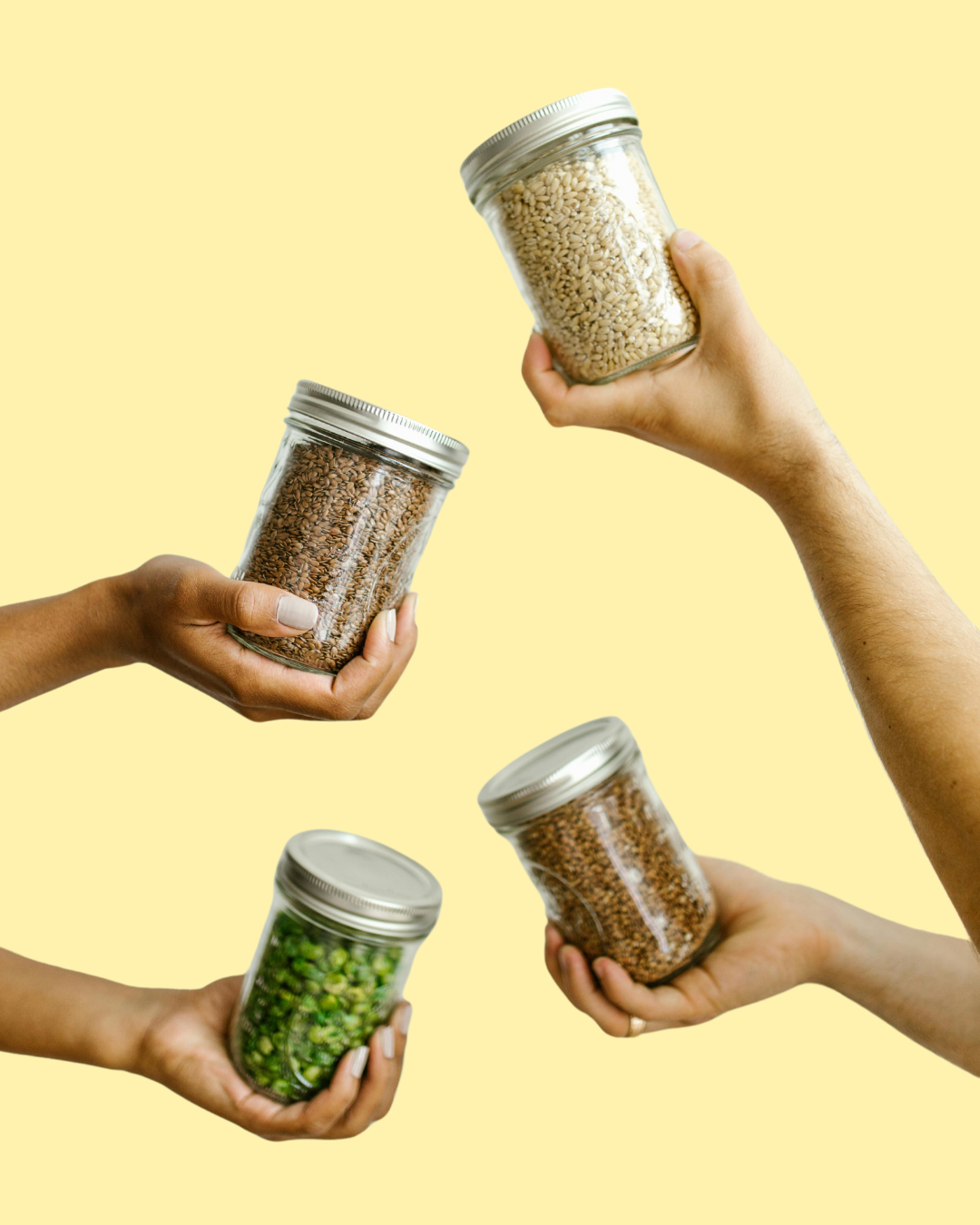
Organic vs Certified Organic
Not all Organic Foods are Created Equal
In a world where health-conscious consumers are increasingly scrutinizing the foods they eat, the term "organic" has gained significant traction. But what does it really mean to be certified organic, especially when it comes to your favorite pancakes and waffles? Let's break it down.
Organic vs. USDA Certified Organic
First things first, not all organic products are created equal. The term "organic" can sometimes be loosely used, but when you see the "USDA Certified Organic" label, you know you’re getting the real deal.- Organic generally means that the product was produced without synthetic pesticides, fertilizers, or GMOs. It's a good start, but it lacks the rigorous checks and balances of certification.
- USDA Certified Organic takes it a step further. This label guarantees that the product meets strict federal guidelines covering everything from soil quality to animal-raising practices. To earn this certification, farms and businesses must undergo a thorough review process conducted by a USDA-accredited certifying agent.
How Does a Product Get Certified?
Earning the USDA Certified Organic label is no small feat. Here’s a brief overview of the process:- Application: The producer submits a comprehensive application detailing their farming practices and product ingredients.
- Inspection: An accredited certifying agent conducts an on-site inspection to ensure compliance with USDA organic standards.
- Review: The certifying agent reviews the inspection report and the producer's application to make a final certification decision.
- Certification: If the producer meets all USDA organic standards, the certifying agent issues a certificate. Ongoing inspections and annual reviews are required to maintain certification.
Why is it Important to Eat Organically?
Eating organically isn't just a trend; it’s a lifestyle choice with far-reaching benefits. Here are a few reasons why you might want to consider making the switch:- Health Benefits: Organic foods are free from synthetic pesticides and fertilizers, reducing your exposure to harmful chemicals. They are also often richer in nutrients.
- Environmental Impact: Organic farming practices prioritize sustainability and soil health, contributing to a healthier planet.
- Animal Welfare: Certified organic animal products come from animals raised in humane conditions, free from antibiotics and growth hormones.
Our Commitment to Quality
At Dilettoso, we believe in delivering nothing but the best for our customers. That’s why all of our pancake and waffle mixes, including our popular Vava Vanilla and Choc-o-lotta, are USDA Certified Organic. But we don't stop there. We also ensure that our mixes are gluten-free and vegan, catering to a wide range of dietary needs.- Vava Vanilla: This sweet delight is made with the finest organic vanilla beans, creating a rich and authentic experience. The result? A flavor that's so robust, it'll leave you weak in the knees.
- Choc-o-lotta: This delectable goodie is made from the finest organic cacao beans, producing a subtle and pleasant sensation. The flavor is so pure in its natural form that it will lure you in with its unadulterated pleasure.
Conclusion
Choosing USDA Certified Organic products is a meaningful way to enhance your well-being, support sustainable farming practices, and enjoy delicious, high-quality foods. Whether you're flipping pancakes on a Saturday morning or treating yourself to a mid-week waffle snack, you can trust that Dilettoso has your health and the planet in mind.Ready to make the switch to a healthier, more sustainable way of eating? Start with our delightfully daring Pancakes & More Mixes.



